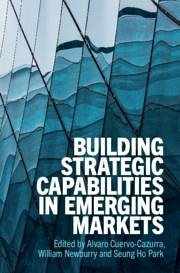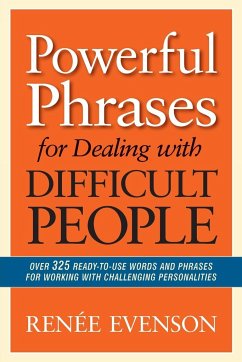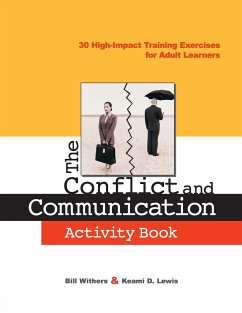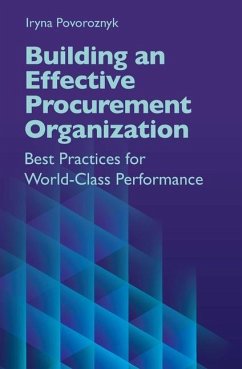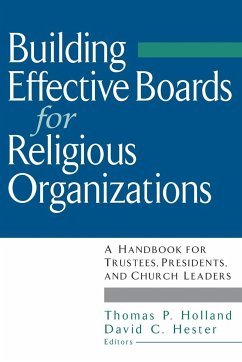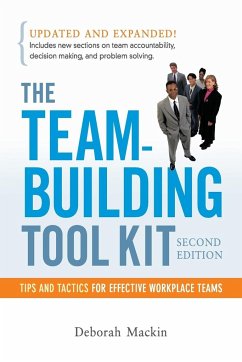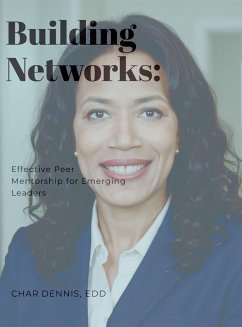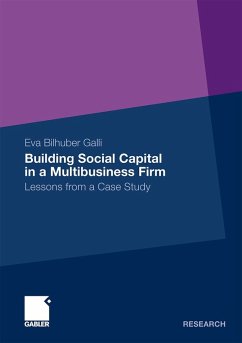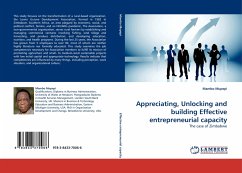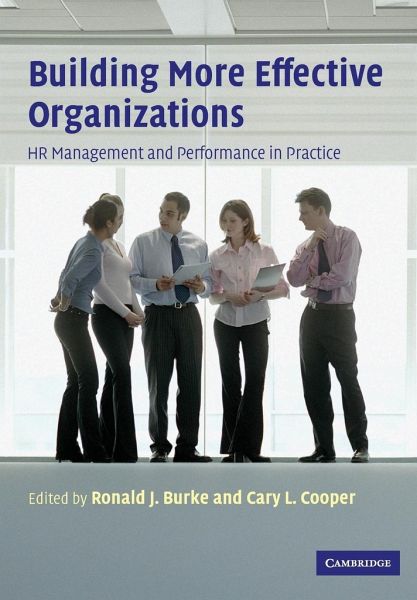
Building More Effective Organizatns
Versandkostenfrei!
Versandfertig in 1-2 Wochen
61,99 €
inkl. MwSt.

PAYBACK Punkte
31 °P sammeln!
Organizations today are facing heightened challenges in their efforts to perform effectively. These challenges are reflected in the failure of many long-standing organizations and the shortened tenure of senior level executives. There is increasing agreement that the unique competitive advantage organizations have today lies in their people, their human resource management practices and their cultures. All other elements of production can be readily obtained, bought or copied. We are now in the era of human capital; to be successful organizations need to unleash the talents of their people. Fo...
Organizations today are facing heightened challenges in their efforts to perform effectively. These challenges are reflected in the failure of many long-standing organizations and the shortened tenure of senior level executives. There is increasing agreement that the unique competitive advantage organizations have today lies in their people, their human resource management practices and their cultures. All other elements of production can be readily obtained, bought or copied. We are now in the era of human capital; to be successful organizations need to unleash the talents of their people. Fortunately we now have considerable understanding of what high performing organizations look like. However, a large gap still exists between what we know and what managers actually do. With contributions from a team of leading academics and practitioners, Building More Effective Organizations provides an extensive survey of human resource management and the organizational practices associated with the high performance of individuals.





